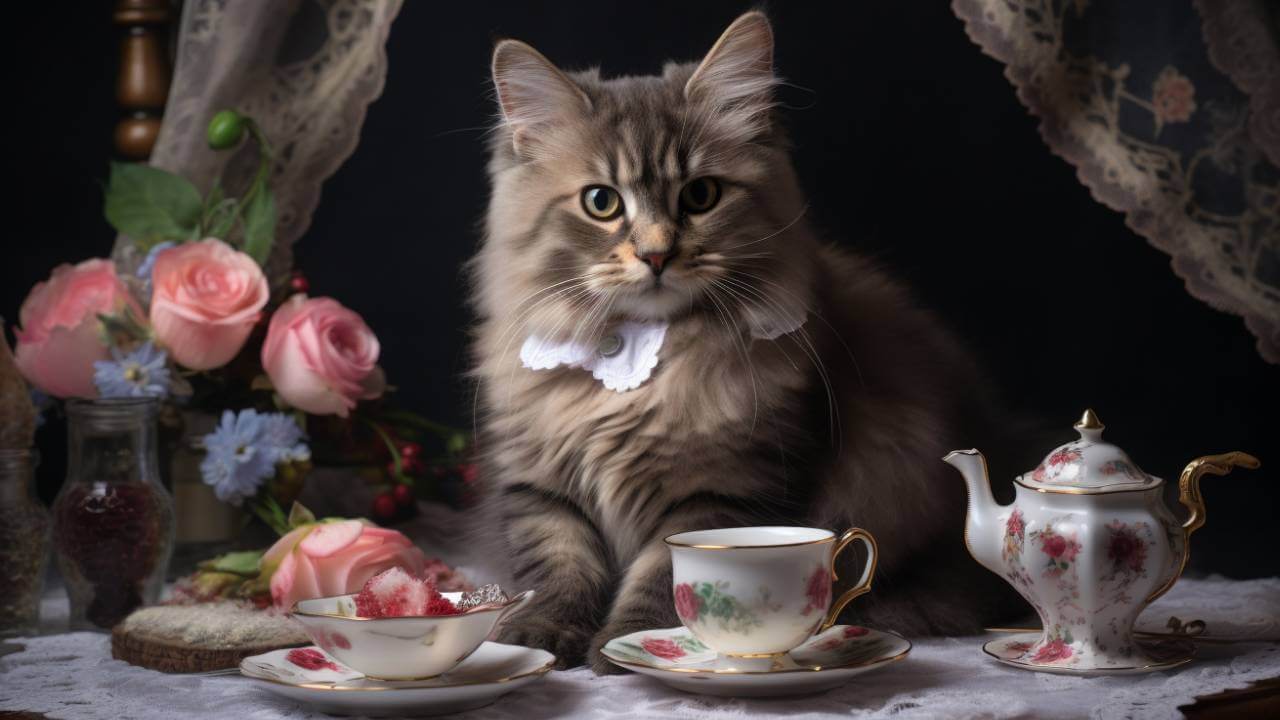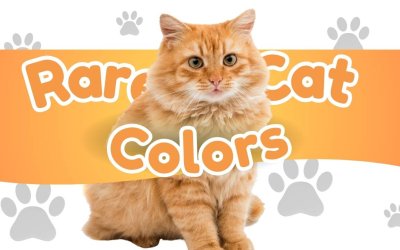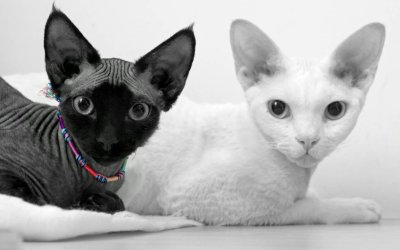Remember the day you’re relaxing on the couch with a warm cup of tea in your hand, and your cat, eyes wide with curiosity, is watching you closely as you drink? You can’t help but wonder if cats can drink tea.
After all, we’ve heard about the soothing qualities of herbal teas for humans. But before you let your cat drink a cup of your favorite tea, let’s look at what your cat can and can’t drink.
If you are planning to adopt a cat and looking for some safety tips about tea for cats or are curious whether you can or can not give tea to a four-legged friend, this post has all the necessary info.
Is Tea Bad For Cats?
So, is tea bad for cats? Yes, tea is not recommended for your feline companion, and it’s best to keep tea and other caffeinated beverages away from your feline friends.
However, the occasional sip of herbal tea, particularly those known to be safe for cats, is unlikely to cause harm. The key is to keep things moderate. Keep the tea party to a small, diluted amount, and keep an eye on your cat.
Caffeine Risky Affair
So, the big question is: Can cats drink tea? The answer is no because tea contains caffeine, which can harm cats in large doses. While a small sip of tea is unlikely to cause immediate harm, regular consumption or larger quantities of tea can lead to caffeine toxicity in cats.
Caffeine is a stimulant that can cause various health problems in cats, including:
- restlessness
- fast heartbeat
- shaking
- seizures.
That’s not the kind of tea party you want for your cat!
Cats are much more sensitive to caffeine than humans. Even a small amount of caffeine can have a big impact on their delicate systems. So, think twice before sharing your morning coffee with your cat. It’s best to avoid tea with caffeine if you have cats.
Sugar and Cats: Is It Safe?
While we often enjoy a bit of sugar in our tea, it’s important to consider whether it’s safe for cats. Generally, sugar is not recommended for cats. Cats don’t have a sweet tooth, unlike humans, primarily because they lack taste receptors for sweetness.
Adding sugar to a cat’s diet can lead to extra calories and might even contribute to health issues like obesity and diabetes.
While sharing a quiet moment with your cat and a cup of tea might be comforting, it’s crucial to ensure the ingredients are cat-safe. It’s best to stick to unsweetened, caffeine-free options.
Herbal Tea: A Safer Option?
Now, herbal tea is a safer option for your feline friend. After all, herbal teas often have lots of health benefits for humans. While some herbal teas can be beneficial for cats, not all are created equal.
Here are cat-safe herbs:
- Catnip
- Valeriane
- Chamomile (a great option if your cat is feeling stressed or anxious)
- Dill
- Thyme
- Basil
These herbs are safe for cats when consumed in moderation and can help soothe them. However, it’s always best to check with your vet before adding any new herbs to your cat’s diet, as everyone’s different.

The Dangers of Milk and Cream
Now that we’ve covered tea, it’s worth mentioning that milk and cream, often associated with tea, can also pose risks to cats. While many cats enjoy the taste of milk, most adult cats are lactose intolerant, meaning they lack the enzymes needed to digest lactose properly.
Feeding your cat milk or cream can lead to digestive upset, including diarrhea. If you’re looking for a cat-friendly alternative to milk, consider lactose-free options specifically formulated for felines. These products provide a taste without tummy troubles.
How to Offer Tea to My Cat
When offering your cat herbal tea or any other treat, it’s best to keep it simple. Sugar doesn’t provide any extra nutrients for cats, so it’s best to avoid it to keep them healthy.
Here’s a step-by-step guide to offering tea to your cat safely and enjoyably:
- Choose the Right Tea. Ensure the tea is caffeine-free and has no added flavors, sweeteners, or other harmful ingredients.
- Prepare the Tea. Brew the tea as you normally would, then let it cool to room temperature. Cats have sensitive mouths, so they can be put off by hot and cold temperatures.
- Dilute the Tea. Before you give your cat the tea, mix it with equal water. This step ensures that the flavor isn’t too strong for your cat and reduces potential risks from the herbs.
- Offer a Small Amount. Introduce any new food or drink to your cat slowly so you can monitor their reaction and make sure they don’t have a negative response.
- Observe Your Cat: Keep an eye out for any signs that your cat is uncomfortable or uninterested, and don’t force it to drink more.
If you notice any adverse reactions, or if your cat seems unusually lethargic or upset after trying the tea, consult your veterinarian immediately.
So, tea is unsafe for your cat due to its caffeine content. If you want to share a drink with your cat, stick to caffeine-free herbal teas like chamomile or catnip in moderation. Tea shouldn’t be your cat’s main source of hydration—fresh water is best.

FAQs
Can herbal tea replace water in my cat’s diet?
No, herbal tea should not replace water. Fresh, clean water should always be the primary drink available to your cat. Herbal teas can be offered occasionally and in small amounts, but water is essential for your cat’s health and hydration.
Are there any health benefits to giving cats herbal tea?
While herbal teas like chamomile or catnip may have calming effects, it’s important to remember that cats have different dietary needs than humans. Any potential benefits are usually pretty minimal, so herbal teas are probably best enjoyed under supervision for fun rather than for health benefits.
What signs should I watch to know if tea adversely affects my cat?
After offering herbal tea, observe your cat for any signs of discomfort such as restlessness, excessive scratching, or signs of stomach upset like vomiting or diarrhea. If you notice any of these symptoms, discontinue the tea and consult your veterinarian.
What to do if my cat accidentally drinks caffeinated tea?
Watch for symptoms of caffeine poisoning, which include:
- hyperactivity
- rapid breathing
- heart palpitations
- muscle tremors
If you observe these signs or know that the animal has ingested a significant amount, contact your veterinarian or an emergency animal poison control center immediately.
How often can I safely give my cat herbal tea?
Herbal tea should be given sparingly as a treat—no more than once a week and in small, diluted amounts. Consistent or daily consumption is not recommended without the explicit approval of a vet.
Your cat will probably be happy just watching the world from their window while you enjoy your tea. So, save the tea for yourself and let your cat enjoy chasing laser pointers and napping in sunbeams.






interesting